National Grid has been accused of supporting an early ban on new petrol and diesel car sales as a Trojan horse for extra taxpayer cash to pay for “expensive” and “difficult to co-ordinate” new charging infrastructure.
The energy union GMB is calling for the Government and the energy regulator Ofgem to reassure the public that the costs of setting up electric vehicle charging points at motorway service stations across the country won’t be passed on to household bill payers.
The GMB was reacting after National Grid told a Parliamentary Select Committee it would support the government bringing forward its 2040 ban on new petrol and diesel car sales by a decade.
Graeme Cooper, director for electric vehicles at National Grid, told MPs that National Grid could support the target being brought forward, and could support a network of chargers and hydrogen production at motorway services.
Justin Bowden, GMB national secretary, said: “When National Grid wraps up a warm welcome to the end of sales of new petrol and diesel cars by 2040 with vital upgrades to motorway service station electricity infrastructure, it is not being upfront.
“What National Grid fails to make clear is that as Ofgem guidelines stand, it could be household energy bill payers who are hit with the huge costs of installing sufficient electric vehicle (EV) charging points into all the country’s motorway service stations.
“National Grid needs to be straight and stop using its support for an early ban on new petrol and diesel car sales as a Trojan horse for extra taxpayer cash to pay for ‘expensive’ and ‘difficult to co-ordinate’ new charging infrastructure.
“When Grid says the more rapid roll out of EV’s ‘could be facilitated by the close alignment of the transmission and motorway networks’, what they really mean is with some extra cash.
“GMB is saying very loudly and very clearly to Government and Ofgem - make clear now that the costs of upgrading the electricity grid to Britain’s motorway service stations with sufficient electric vehicle charging points will not fall on household energy bill payers.


























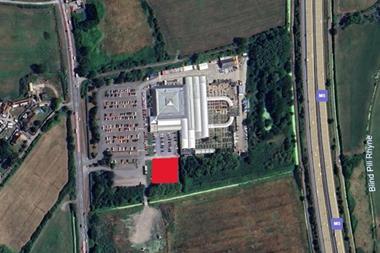


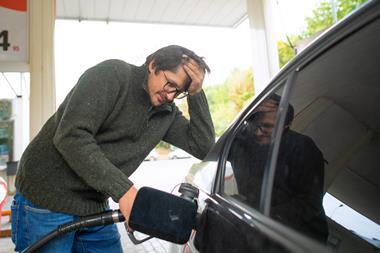
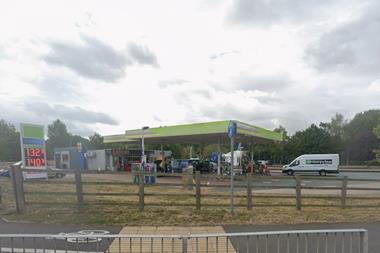
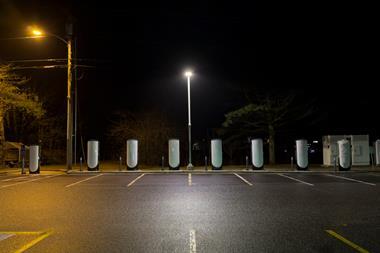
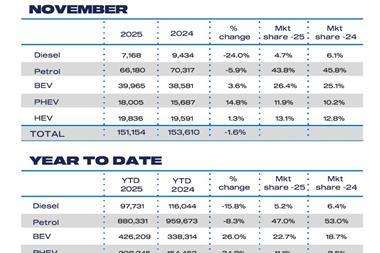
No comments yet